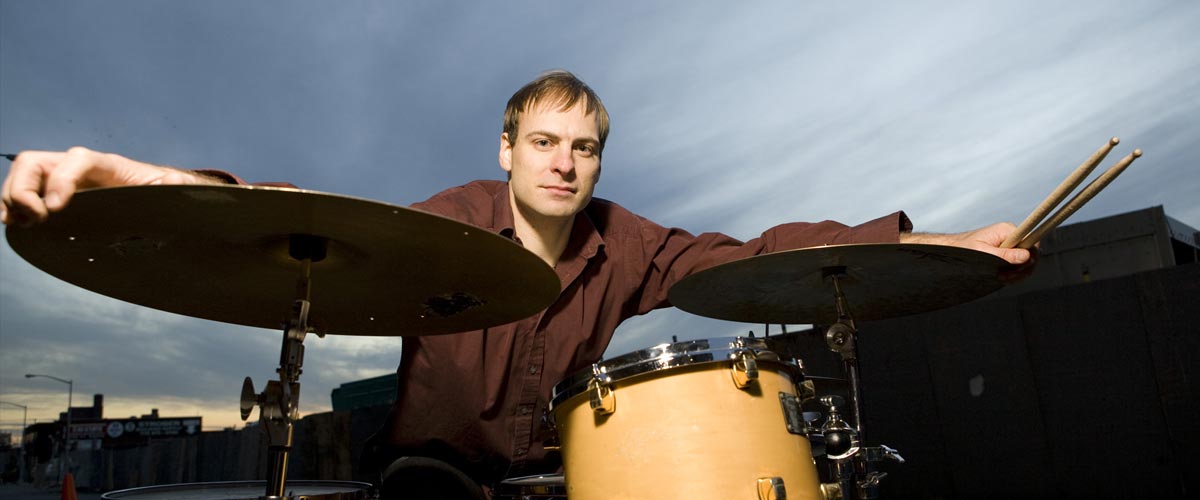
A Complete Guide To Exotic War Drums

“When words fail, music speaks”, goes a saying. One good thing about music is that, when it hits you, you feel no pain. Music is not just a form of art, but it is definitely a medium to express one’s feelings and emotions. Musical instruments help us bring out the music in us. There are many types of musical instruments. Percussion Instruments are one of its types. Example: Drums, Tabla, Tambourine. Drums are known for its loud music and energetic rhythm. Army troops belonging to the European and American countries have been using drummers for over hundred years now. The Civil War drummers were popular among them. Becoming a drummer isn’t an easy job. There are a number of steps to be followed to become a full-fledged drummer.
Steps:
1. Finding a troop:
The internet is one of the best ways to find a famous troop or an engaging band. Visit parks and museums, because any event or gathering conducted there will give you an exposure and idea about the various troops or bands present in that locality. The drummers who are enrolled in the army usually have various options like Infantry, Cavalry and Artillery. But Cavalry and Artillery are not the best choices as there is less space of music in those units.
2. Purchasing your equipment:
Usually the uniform differs according to the unit one wishes to join. The uniforms are basically provided by the band themselves or they may guide and prescribe you agencies or firms from which you can purchase them. The uniforms are usually a musician’s frock which is preferably red in color. In the case of instruments, it is usually provided by the band themselves, but, if one wishes to have his/her own drum it is always allowed. Drums vary in size, height and color and are chosen keeping in mind their physique. Purchasing of drums and uniforms are a little expensive.
Generally drums are made up of calf skin which looks authentic but distorts sound under extreme weather conditions. Synthetic skin looks similar and works well in all conditions. Kevlar is used in recent times and functions pretty good. Cotton sling (bands which are used to carry drums) do not usually give a classy look but are cheap. Thicker cotton slings were worn during the civil war. Leather slings were worn during the Rev War. Thin sticks are not always recommended as it does not give an appropriate look and one finds it difficult to play certain notes as the sticks are thin. Regulation drumsticks are made of rosewood, 16-17” long, dense, heavy and best suited for playing. Drum pads can also be purchased. Books on music are also available which can be bought to sharpen your drumming skills.
3. Drumming instructions
· Fasten the drum: Look into the position of the sling and place them as per your convenience. Before starting pull the ears down(leather strips at the sides).
· Positioning your drum: Make sure that the drum is resting near the stomach towards the left. It is important to maintain a correct posture while playing the drums to avoid back pain. Practice regularly to get the flow and grip.
· Removing the drums: Once done with the playing, pull the ears up to ease the strain and pressure incurred on the drums.
· Holding of the sticks: It is vital to have a firm and steady grip of the sticks. Practice regularly to get a good sticking control.
· Learn to play: There are a lot of techniques to be followed while playing a drum. Learn them all to excel in your playing. Always remain calm, composed, confident while playing. There is a lot of drum rudiments which as to be acquired for better drumming. There are different styles in drumming. “Double stroke rolls” is one of them which can be learnt only through hard practice. Practice different songs and compositions to improve your drumming skills.
In case of joining the military band
· Get to know the military etiquette: Stand in attention with an erect posture while playing. When you are at rest, do not play your drum aimlessly.
· Know your duties: Some of the duties include playing for a retreat, funeral, grand mounting, etc which has to be done with due respect and dedication. During a march pay attention to all signals and follow them correctly. March uniformly. In a battle field, drummers usually send in various signals using drum beats and thus remain responsible to convey them accurately.
